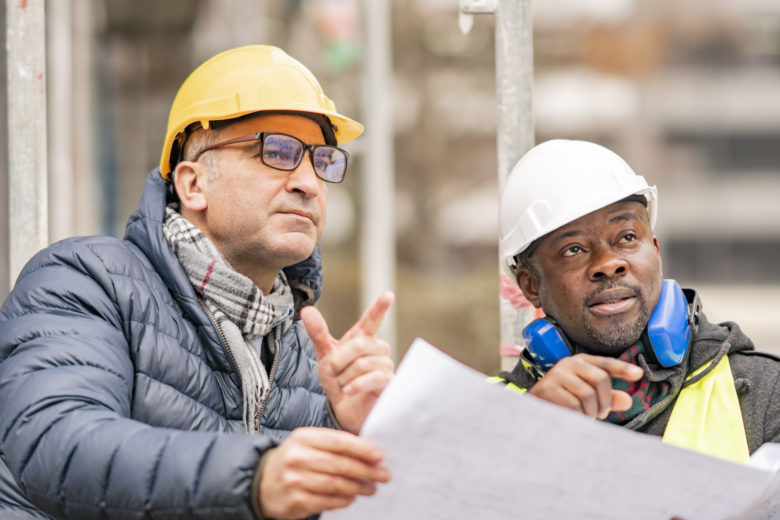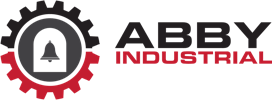
An Owner’s Project Manager (OPM) represents the owner’s interests with regard to large design and construction projects, from new public buildings to heavy industrial facility expansions.
The owner of the project can be the actual owner of a company expanding a facility or building a new one, or the owner can be a municipality overseeing a large public construction project, such as a bridge, school, or library.
The state of Massachusetts, for example, requires public projects that cost $1.5M or more, and that involve construction, reconstruction, demolition or repair, to be overseen by a qualified OPM. (Source)
The OPM provides guidance to the project owner from the earliest stages – and usually before the project designer is hired – through completion of construction. In fact, the OPM may work closely with the owner to select the project designer as well as negotiate the contract.
The OPM’s role
The day-to-day details that go into any large industrial project, whether a new system installation or a facility expansion, are endless. Any one detail can delay a project – which can add considerably to costs and lost revenue.
The OPM’s role, therefore, is to manage the thousands of details that the project owner either doesn’t have time to manage or lacks the experience to do so.
The OPM oversees all aspects of the project – from project and cost management to developing and monitoring the master production schedule. Some of the OPM’s duties include:
Providing advice and consultation to the owner
The OPM weighs in on everything from design and engineering to the scope of work, cost estimating and permitting.
Scheduling
The OPM creates the Master Project Schedule and then ensures all contractors / sub-contractors, designers, etc. hired adhere to it through the life of the project.
Contract administration
The OPM maintains all communications associated with the project, as well as attends all project meetings, public and private, as the owner’s representative. The OPM is also responsible for maintaining certificates of insurance, bonds, etc. as well as overseeing all reviews, approvals, changes, etc.
Systems testing / QA
As construction progresses, the OPM oversees the testing of all applicable systems to ensure they’re functioning properly.
Cost management
Perhaps the biggest part of a project is ensuring costs remain in check. Delays and other challenges can cause costly over-runs – reducing ROI for the owner. The OPM develops the project’s budget, reviews all invoices, and analyzes the costs of bids and the project overall.
Choosing the right OPM
An OPM may be a registered architect or professional engineer, or he may have years of experience in the construction or supervision of building construction.
While you want to do your due diligence when choosing your OPM, you also want to consider communication style, leadership skills, and industry knowledge. For example, if your project involves heavy industrial systems, you’ll want someone with the experience and knowledge of how these systems work – and more importantly, the myriad details that go into installing them properly.
Filed under: FAQs
